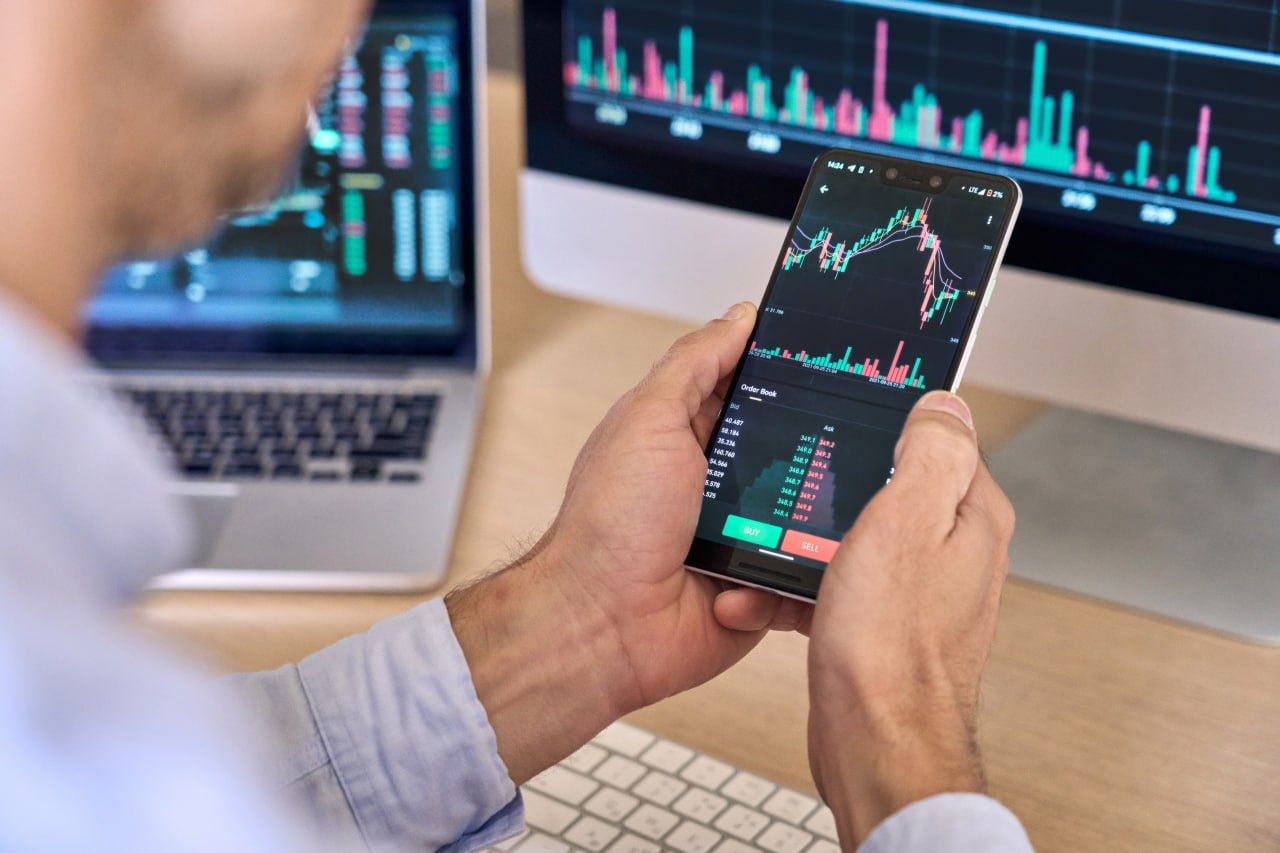Neobank Launches In-App Crypto Trading Across Europe
01.05.2025 10:00 1 min. read Alexander Stefanov
Bunq, one of Europe’s leading digital banks, has launched in-app crypto trading in partnership with Kraken, allowing users to buy and sell over 300 digital assets directly from their banking app.
The feature, now live in six European countries, is part of bunq’s plan to offer a unified platform for managing savings, payments, and investments.
Driven by user demand for simplicity and trust, bunq Crypto aims to combine the security of a licensed bank with the reach of an established crypto exchange. The service is compliant with MiCA regulations and will soon expand to the rest of the EU, the UK, and the U.S., pending regulatory approval.
The move reflects a broader shift in financial services, as consumer appetite for integrated platforms continues to grow.
According to bunq’s own research, a majority of Europeans want a single interface to manage both fiat and crypto assets—especially beginners who find traditional crypto apps overwhelming or lacking transparency.
With Kraken providing the crypto infrastructure and bunq handling user experience and compliance, the two aim to simplify digital asset access for millions.
Bunq, which recently reported €85.3 million in 2024 profits, continues to grow its user base and global footprint. Meanwhile, Kraken is also expanding its offerings, having recently introduced stock and ETF trading for U.S. users.
-
1
Western Union Explores Stablecoin Integration After GENIUS Act Approval
22.07.2025 10:00 2 min. read -
2
Telegram Launches TON Wallet for U.S. Users, Unlocking in-app Crypto Features
22.07.2025 17:30 2 min. read -
3
Polymarket Eyes Launching Stablecoin to Capture Reserve Profits
23.07.2025 10:30 2 min. read -
4
JPMorgan Eyes Crypto-backed Loans Amid Favorable U.S. Policy Shift
22.07.2025 9:35 2 min. read -
5
Coinbase Brings Perpetual Futures to U.S. Traders Under CFTC Regulation
22.07.2025 13:33 2 min. read
Coinbase and JPMorgan Chase Partner to Expand Crypto Access for 80M+ Customers
Coinbase has announced a major partnership with JPMorgan Chase, the largest U.S. bank, aimed at expanding access to cryptocurrencies for over 80 million Chase customers.
FIS Partners With Circle to Bring USDC Payments to U.S. Banks
Global fintech firm FIS (NYSE: FIS) has entered into a new strategic partnership with a subsidiary of Circle Internet Group, Inc. (NYSE: CRCL) to bring USDC payment capabilities to U.S. financial institutions.
PayPal Unveils Crypto Payment Service to Cut Cross-Border Fees by 90%
PayPal has launched a new service, Pay with Crypto, aimed at reducing the high costs and complexity of cross-border payments for merchants.
Goldman Sachs and BNY Launch Tokenized Money Market Funds for Institutions
Goldman Sachs and BNY are set to unveil a groundbreaking blockchain initiative that will allow institutional investors to purchase tokenized shares of money market funds, according to CNBC.
-
1
Western Union Explores Stablecoin Integration After GENIUS Act Approval
22.07.2025 10:00 2 min. read -
2
Telegram Launches TON Wallet for U.S. Users, Unlocking in-app Crypto Features
22.07.2025 17:30 2 min. read -
3
Polymarket Eyes Launching Stablecoin to Capture Reserve Profits
23.07.2025 10:30 2 min. read -
4
JPMorgan Eyes Crypto-backed Loans Amid Favorable U.S. Policy Shift
22.07.2025 9:35 2 min. read -
5
Coinbase Brings Perpetual Futures to U.S. Traders Under CFTC Regulation
22.07.2025 13:33 2 min. read


